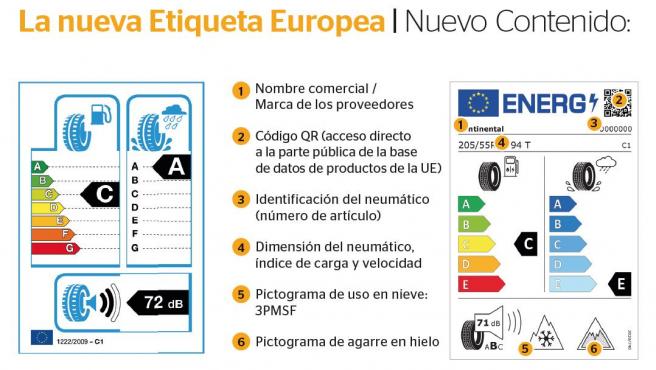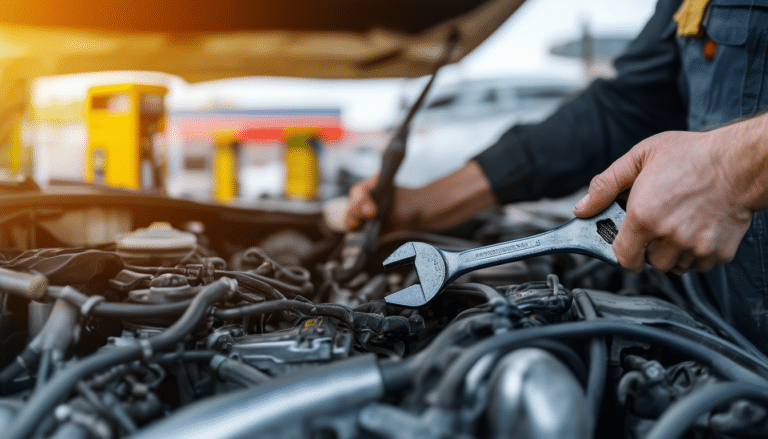The best tips for personal energy efficiency
Personal energy efficiency is essential in the fight against climate change and the reduction of costs at home. Implementing sustainable practices not only helps protect the environment but also allows individuals to save on their energy bills. Below are some of the best tips for optimizing energy use in daily life, ranging from simple habits to adjustments at home.
Personal energy efficiency has become a necessity today, not only to reduce costs on utility bills but also to contribute to the sustainability of the planet. Implementing simple measures can lead to significant energy savings. Below are various practical tips to improve energy efficiency at home and in our daily lives.
Optimize the use of appliances
A large percentage of energy consumption in the home comes from appliances. To maximize their efficiency, it is advisable to use the washing machine at full load, thus making the most of the wash cycle. Furthermore, scheduling the use of these devices during off-peak hours can result in significant savings.
It is also recommended to regulate the hot water temperature in the heater between 45 and 50 degrees Celsius to ensure efficient use. This not only reduces energy consumption but also helps prolong the lifespan of appliances.
Efficient lighting
Lighting is one of the most effective areas to implement energy-saving strategies. Replacing incandescent bulbs with LED lights can reduce electricity consumption by 75%. Additionally, it is important to turn off lights in rooms that are not in use and to make the most of natural light during the day.
Electrical consumption control
Installing a light timer or using smart plugs helps monitor energy use. This is particularly useful for avoiding unnecessary consumption when devices are in standby mode. Unplugging appliances that are not frequently used is another key measure to prevent “phantom consumption.”
Responsible water management
The use of hot water involves considerable energy consumption. Therefore, it is advisable to use cold water for everyday activities, such as hand washing and showering. Fixing any water leaks is also crucial, as even small drips can result in significant energy waste.
Utilize water-saving technologies
Incorporating water-saving devices, such as aerators on faucets, can significantly contribute to reducing both water and energy consumption. These simple changes provide both economic and environmental benefits.
Adjust the climate control in your home
A good climate control system is essential for maintaining comfort at home. Regulating the air conditioning to appropriate temperatures is fundamental; for example, setting it to 24 degrees Celsius can balance comfort and consumption. It is also important to clean or replace filters regularly to ensure the system operates efficiently.
Sealing cracks and insulation
Ensuring that there are no cracks or leaks around doors and windows is essential to avoid energy loss. Properly insulating the home can reduce heating and cooling costs by up to 10%. This type of maintenance is an investment that provides long-term benefits.
Participation in sustainability initiatives
Joining community initiatives that promote energy efficiency can be an excellent way to learn and share practices that benefit everyone. Celebrate days like World Energy Saving Day, which encourages awareness about the responsible use of resources.
Continuous education on energy efficiency
Staying informed about new technologies and best practices in energy efficiency is key. From following saving guidelines to learning how to calculate your own energy efficiency, every little effort counts.
Incorporating these tips into daily life not only helps reduce costs but also contributes to protecting the environment. Being aware of our daily actions is a positive step towards a more sustainable future.
Adopting energy efficiency habits in daily life is essential for reducing consumption and protecting the environment. Implementing some simple changes can make a difference in energy expenditure while simultaneously contributing to the sustainability of the planet. Therefore, it is important to stay informed about the best practices and tips in this area.
One of the first steps towards achieving greater efficiency is to optimize the use of appliances. Using the washing machine and dishwasher only when they are full helps minimize energy consumption. Additionally, it is recommended to use low-temperature wash programs, which can significantly reduce electricity use. Moreover, it is vital to unplug devices that are not in use to avoid standby consumption.
Enhancing natural lighting at home also represents an effective strategy. Opening curtains and blinds during the day can reduce the need for artificial light. Additionally, opting for LED bulbs provides considerable savings compared to incandescent ones, both in energy use and durability.
Another aspect that should be considered is the temperature of hot water. Reducing it to 45-50°C not only improves energy efficiency but also translates to significant savings on the electricity bill. Additionally, keeping the filters in heating and cooling systems clean ensures that they operate optimally, avoiding extra effort that increases consumption.
Therefore, implementing these practical tips in daily routines can have a considerable effect both on the environment and personal finances, and it is an essential step towards a more conscious and responsible life.



